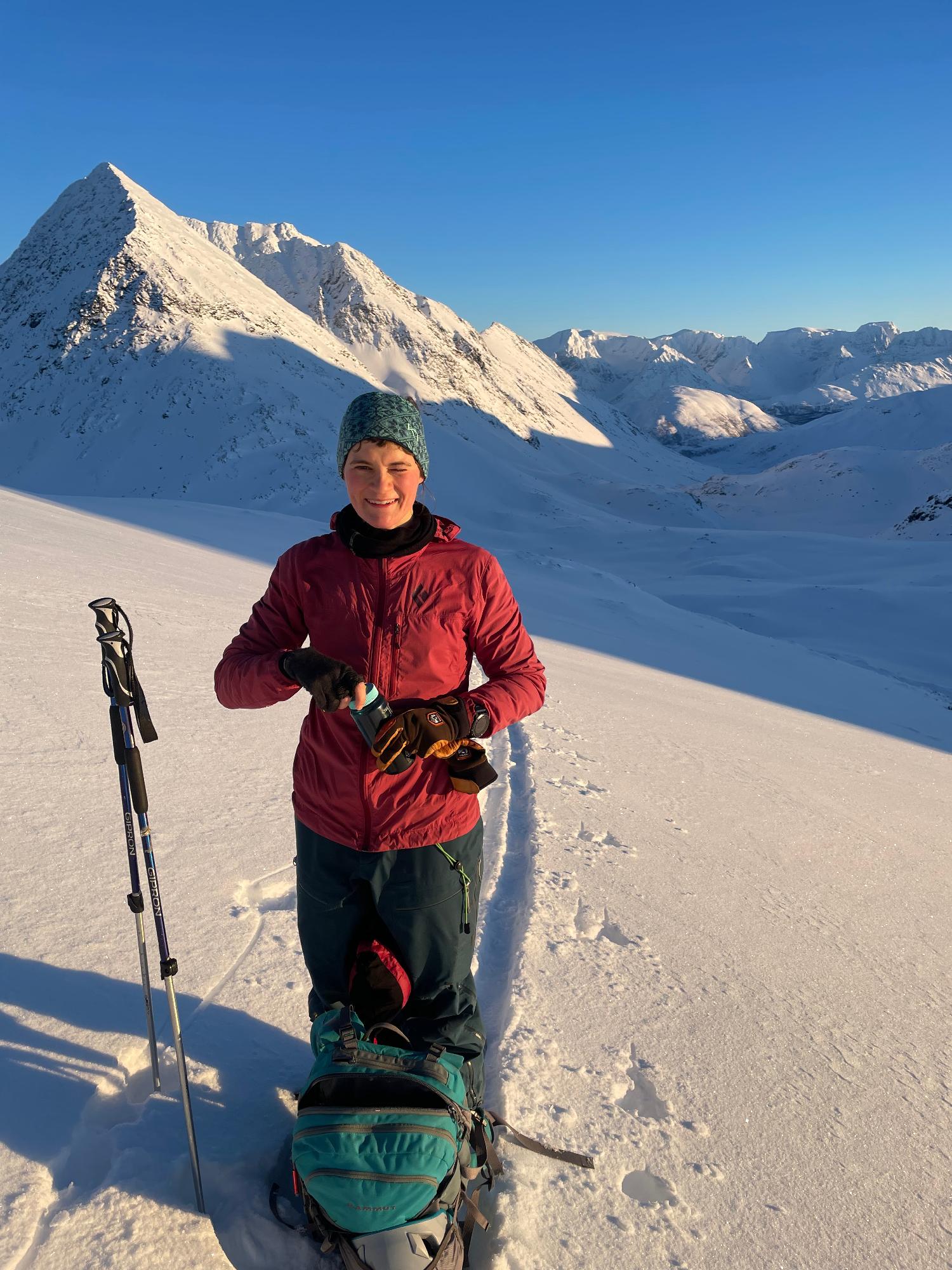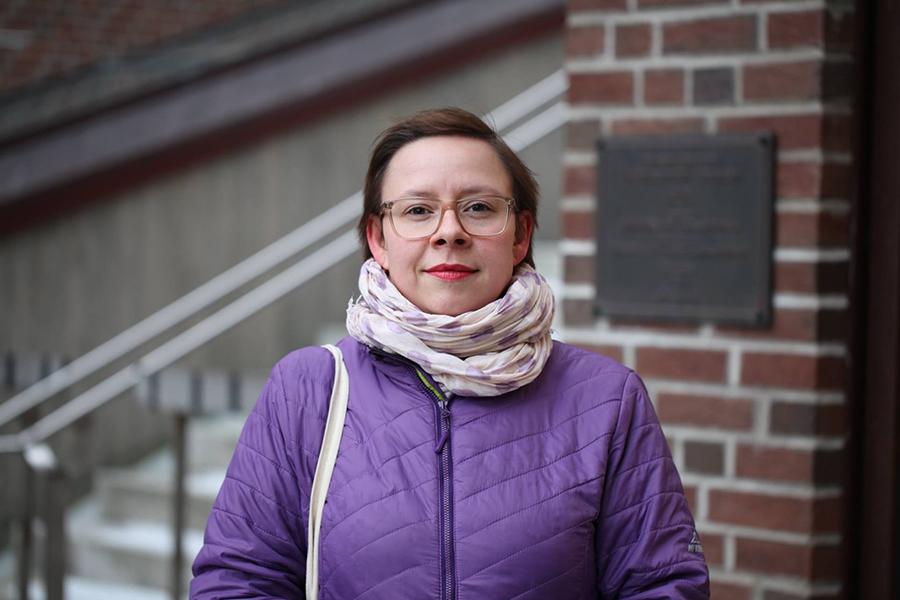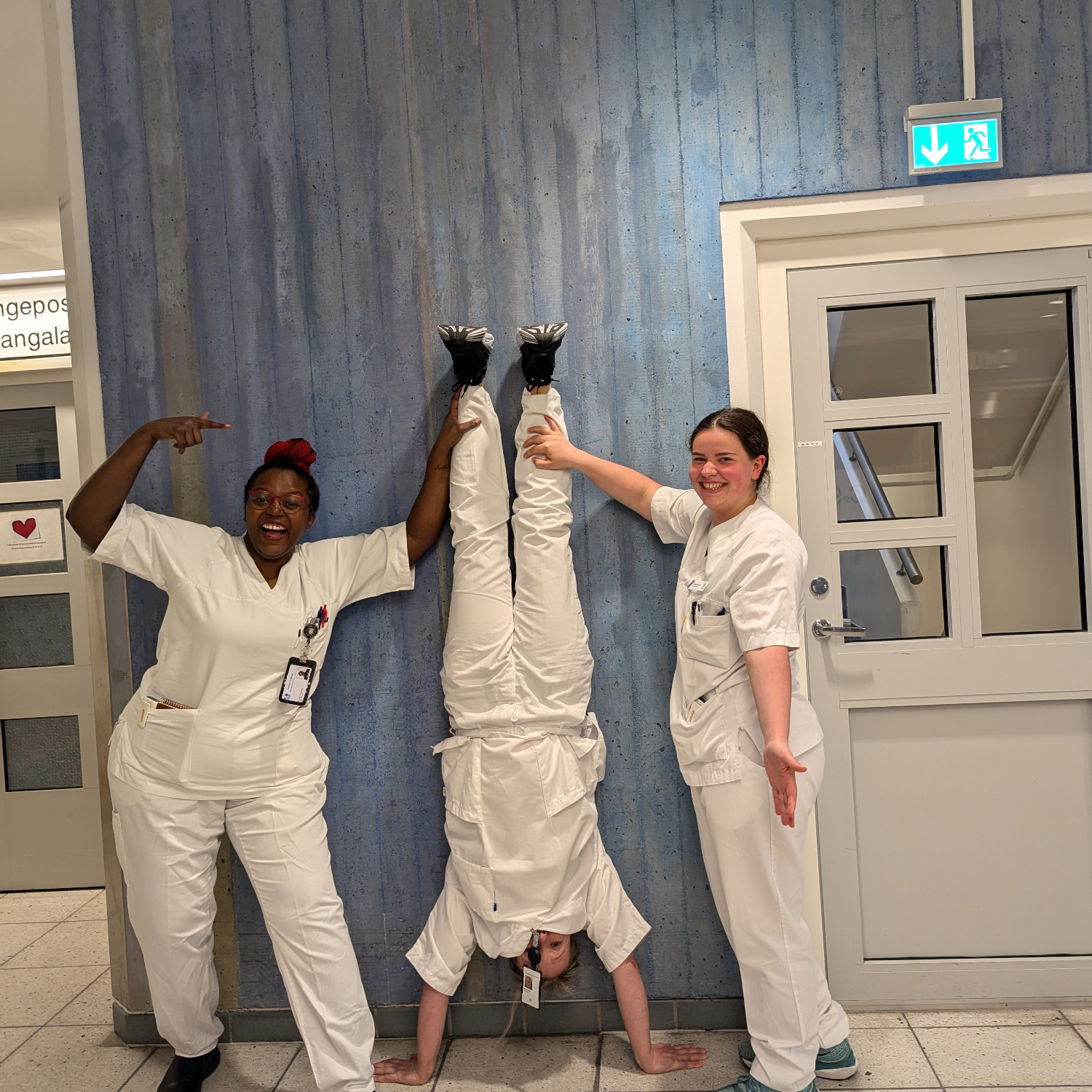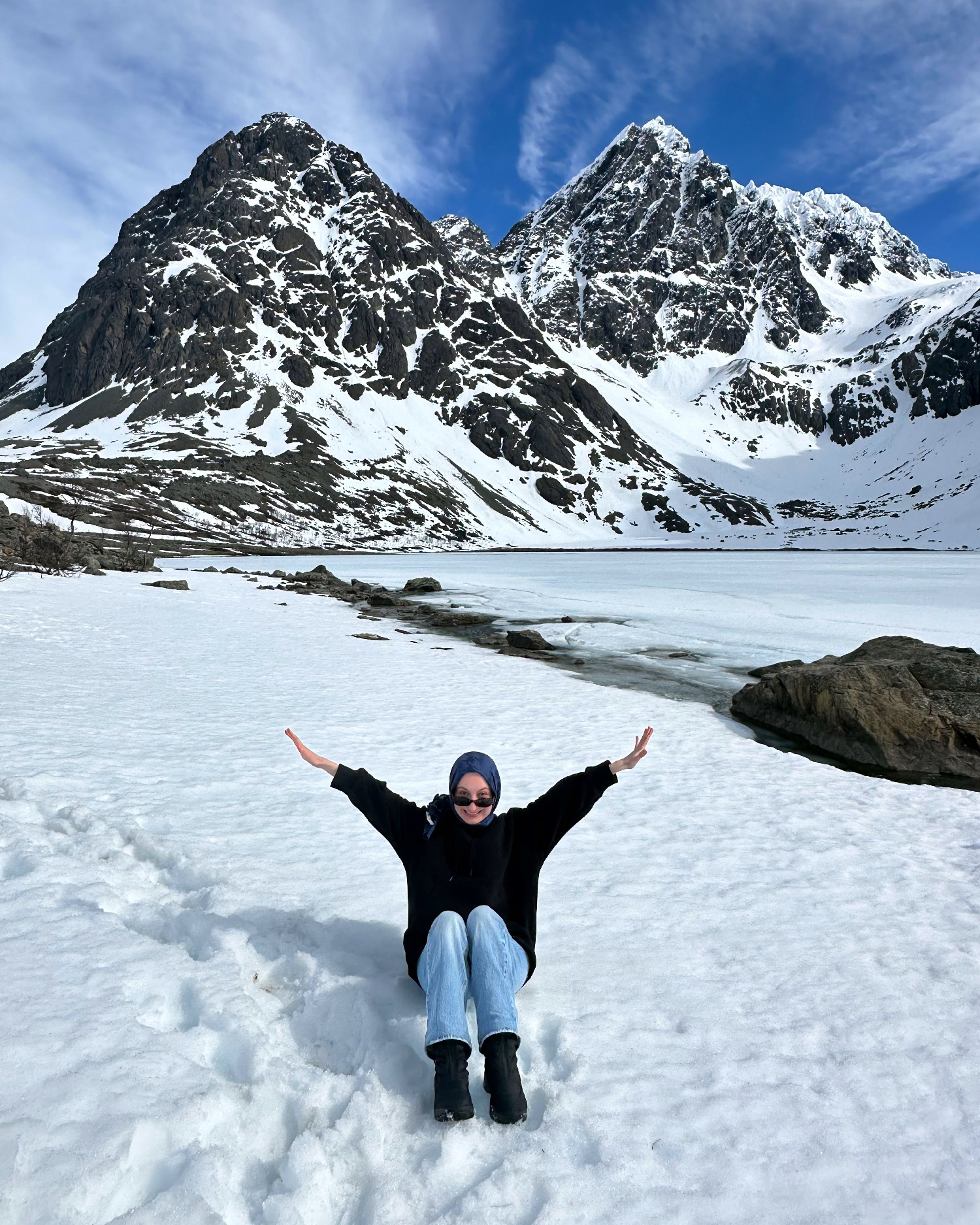Amanda Karestrand
I have always had an interest in environmental issues and how they are connected to human rights.

Facts
Why did you choose to study the MIS program at UiT?
I have always had an interest in environmental issues and how they are connected to human rights. Indigenous peoples seem to be at the intersection of these themes in many ways, and I found this intriguing. For many years, I have been working in the outdoor industry in northern Sweden, where Sámi culture and heritage is very present. Being in these environments also sparked my interest to learn more. I have a bachelor’s in political science, and building on that with the MIS as my master’s seemed like a perfect fit for me. During my bachelor’s program in Umeå, I had the opportunity to go to Tromsø for an exchange semester. As a ski touring enthusiast, this place captured my heart and I had to go back. As it seems, I am still here and do not plan on going anywhere soon.
The program is very varied, which is a great asset. In one course you get to interpret contemporary indigenous art and in the next, you try to understand the importance of specific wordings in some constitution and the effect that has on indigenous land rights. There is really something for everyone. It is also a program that places itself in a critical position, questioning today’s hegemonies within research and trying to present an alternative. The variety and the critical stance might also be what makes the program hard sometimes; you feel like you only scrape the surface on some issues and you can’t write a thesis about them all.
Can you tell a bit more about what it is like to be a student at the MIS program?
It is challenging but fun. You become part of a very mixed group of people of different academic and cultural backgrounds, which is a good foundation for fun and interesting discussions. You get a good insight in the field and learn to see many things from new perspectives. Tromsø is a vibrant city with a cool mix of people from Norway and abroad, and there is always a lot going on. The mountains and the outdoor community is great.
What are your plans for the future?
Career wise, I will most likely end up somewhere in public administration, in Norway or Sweden, and I really hope I find a place where my knowledge of indigenous issues can make a difference. I might also continue within academia, if any research positions matching my interests pop up. For the near future, I will just work in an outdoor shop and try to go skiing as much as possible.
(How) has MIS enhanced your career?
A masters degree obviously opens up many job positions that would not be available otherwise. But mostly, I think MIS has given me a greater understanding of very complex issues. I have also become much better at writing in academic English, and in general developed an understanding of the research process within social sciences.



